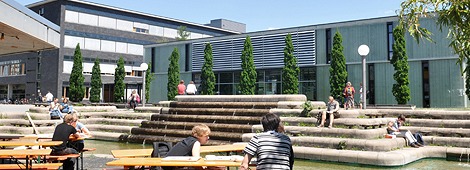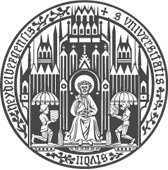
3 doctoral/post-doc positions in machine learning for machine translation at Heidelberg University, Germany
JOB DESCRIPTION
The Statistical Natural Language Processing Lab at the Department of Computational Linguistics at Heidelberg University, led by Prof. Stefan Riezler, invites applications for
3 POST-DOCTORAL OR DOCTORAL POSITIONS IN MACHINE LEARNING FOR MACHINE TRANSLATION
We are looking for outstanding candidates with experience/interest in machine learning theory, especially learning from weak/bandit feedback, and in the application area of machine translation, especially spoken language translation. The positions are allocated to a German Research Foundation (DFG) project on "Auto-Adaptive Learning from Weak Feedback for Interactive Lecture Translation", and also offer the opportunity to teach a course at Bachelor or Master level in our Computational Linguistics program. The appointment is for up to three years and starts at the earliest convenience in 2017. Payment is according to a full postdoctoral or doctoral position on the German TV-L 13 scale.
REQUIREMENTS: Applicants should- hold a PhD or Master in Computational Linguistics, Computer Science or a related field;
- have a proven record of excellence in research in the fields of machine learning for machine translation;
- have strong programming skills;
- have experience in large-scale experimentation;
- have good communication skills in English, both oral and written.
APPLICATIONS: Please send a CV, a list of publications, a brief letter of motivation, a research statement, and contact information for three references, in a single PDF file to sekretariat cl.uni-heidelberg.de before April 30, 2017.
cl.uni-heidelberg.de before April 30, 2017.
ABOUT THE STATNLP LAB AT HEIDELBERG UNIVERSITY
The group's focus is on machine learning for statistical machine translation. Current and future research directions include neural machine translation, learning to translate from bandit feedback, and spoken language translation. The group's philosophy is to collaborate on research projects and to share knowledge inside the team and with the students of the department. The group is well-connected internationally and cooperates closely with the department of computer science and the interdisciplinary center for scientific computing at Heidelberg University. Concerning Heidelberg, well, as Goethe already said: "Die Stadt in ihrer Lage und mit ihrer ganzen Umgebung hat, man darf sagen, etwas Ideales."


